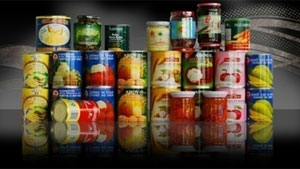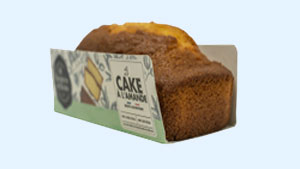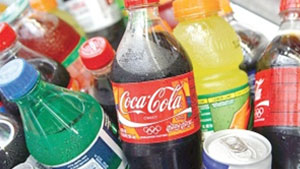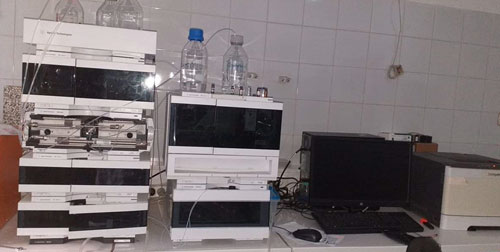Vitramines and Preservatives
- Vitamins are substances without energy value but nevertheless essential for the body. Two main types of vitamins:
- fat-soluble vitamins (i.e. which can dissolve in fat): A, D, E, K;
- The water-soluble vitamins (i.e. which can dissolve in water) of group B (B1, B2, B3 or PP, B5, B6, B8, B9 and B12) and C.
- Chemical preservatives are authorized additives that manufacturers use to extend the shelf life of food. They slow down the growth of microorganisms present in food and protect it from the effects of oxygen.
Our Experiences and Skills:
- The vitamins and preservatives laboratory at the TUNIS center has more than 25 years of experience, and is able to carry out the analysis of fat-soluble and water-soluble vitamins as well as preservatives.
- The service of the curators is available at the level of the two regional centers SOUSSE and SFAX
- It has participated in the inter-laboratory comparison network: BIPEA since 2010
- The vitamins and preservatives laboratory regularly ensures the quality of these results.
Type of Products:
- Milks and dairy products
- Guy body of animal and vegetable origins
- cereals fortified with vitamins
- infant nutrition
- Raw materials and products for animal feed
- Food supplements, vitamin preparations and tablets
- Biscuits, cakes, small bakery products, confectionery, etc.
- sheet of dough
- Drinks and juices
- Sauces: mayonnaise, mustard,…
- Canned fruits and vegetables
- Others




Type of Analysis
Water-soluble vitamins:
- Vitamin C
- Vitamins B1, B2, B6
Fat soluble vitamins:
- Vitamins A, D, E
Conservatives:
- Benzoic acid and salts E210
- Benzoic acid and salts E210
Park Equipment
The laboratory uses different methods for the detection and quantification of preservatives and vitamins:
- HPLC-UV-DAD
- HPLC-FLD







